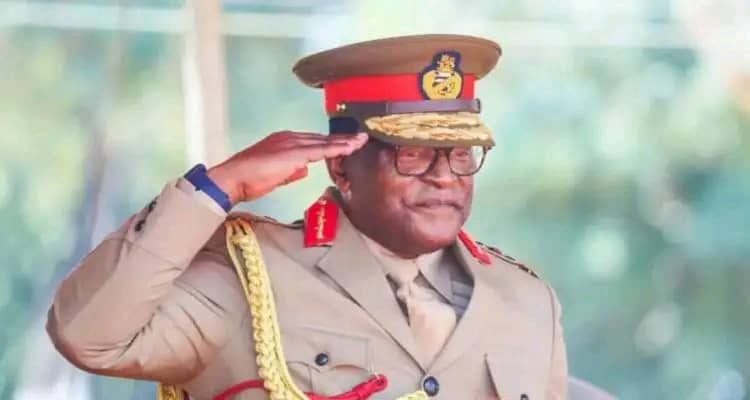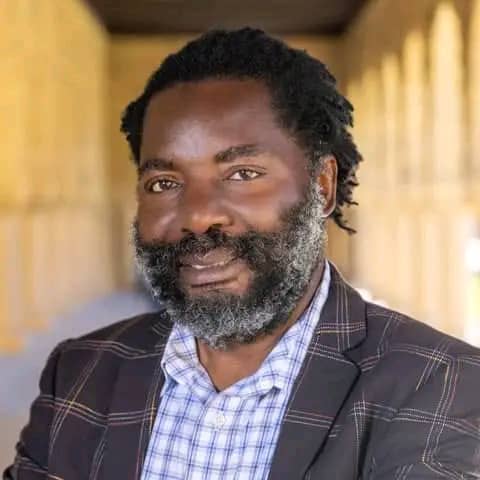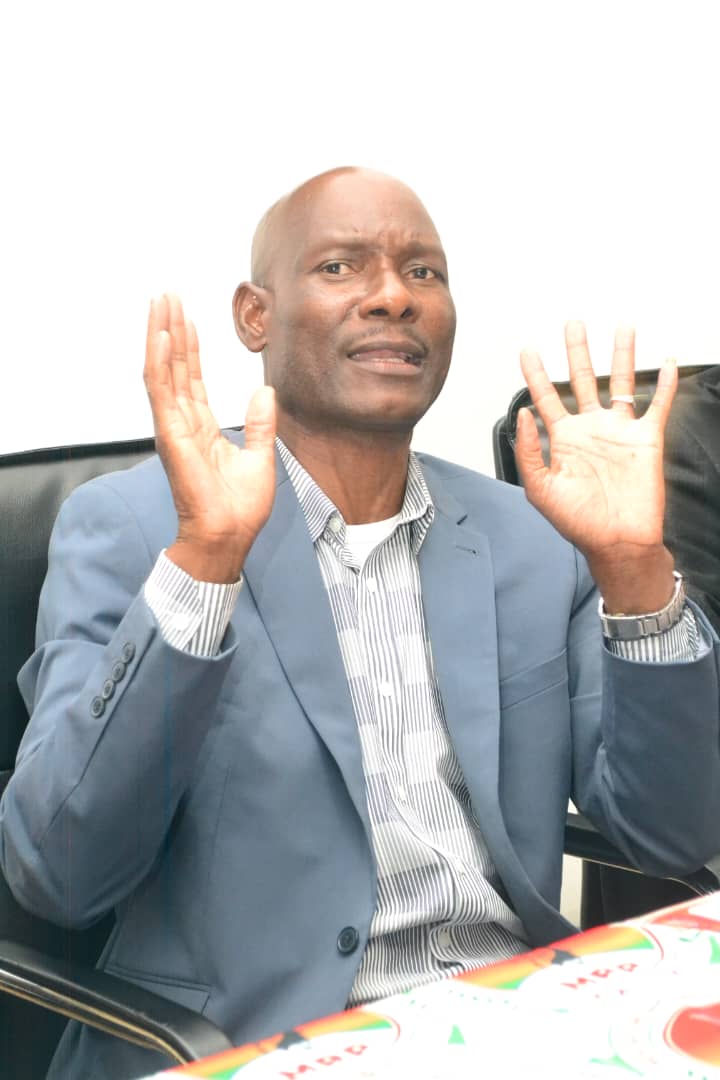By Burnett Munthali
Malawi’s President Lazarus Chakwera is under fire from analysts and social commentators, who accuse him of showing a lack of respect for the Malawi Defence Force (MDF) despite his role as Commander-in-Chief. The criticism comes in the wake of his decision to proceed with a trip to Tanzania, even as the nation mourns the tragic loss of MDF soldiers killed in the Democratic Republic of Congo (DRC).
The controversy stems from the recent deaths of Malawian peacekeepers who were serving under the United Nations peacekeeping mission in the DRC. The soldiers lost their lives during an attack by the M23 rebel group, a situation that has plunged the nation into grief. Despite this, President Chakwera chose to travel to Tanzania, a move many have described as insensitive and tone-deaf to the sacrifices made by the MDF.
Political analyst Kondwani Banda questioned the President’s priorities, stating, “As Commander-in-Chief, President Chakwera has a moral obligation to show solidarity with the families of the fallen soldiers and the entire Malawi Defence Force. His absence at such a critical moment sends a message that the sacrifices of our soldiers are not fully acknowledged or respected.”
Another commentator, Martha Kamwendo, echoed similar sentiments, adding, “This is not just a matter of protocol but of leadership. By choosing to leave the country at a time of mourning, the President has missed an opportunity to unite the nation and demonstrate empathy for the bereaved families.”
Calls for the President to cancel his Tanzania trip began to surface immediately after the news of the soldiers’ deaths broke. Many Malawians took to social media to express their disappointment, urging Chakwera to prioritize the emotional and moral support of the nation during this difficult time.
The M23 attacks have reignited debates about Malawi’s role in international peacekeeping missions and the safety of its soldiers in volatile regions. Some have questioned whether the country is adequately equipped to protect its troops and whether such missions are worth the cost in human lives.
The criticism of President Chakwera’s actions highlights a broader challenge of balancing international obligations with domestic expectations. While the Tanzania trip may have been scheduled for diplomatic purposes, analysts argue that such engagements should not come at the expense of national unity and the morale of the armed forces.
As the nation continues to grieve, the spotlight remains firmly on President Chakwera’s leadership and his ability to prioritize the needs and sentiments of Malawians. The incident serves as a reminder of the critical role of empathy and accountability in leadership, especially during moments of national tragedy.



